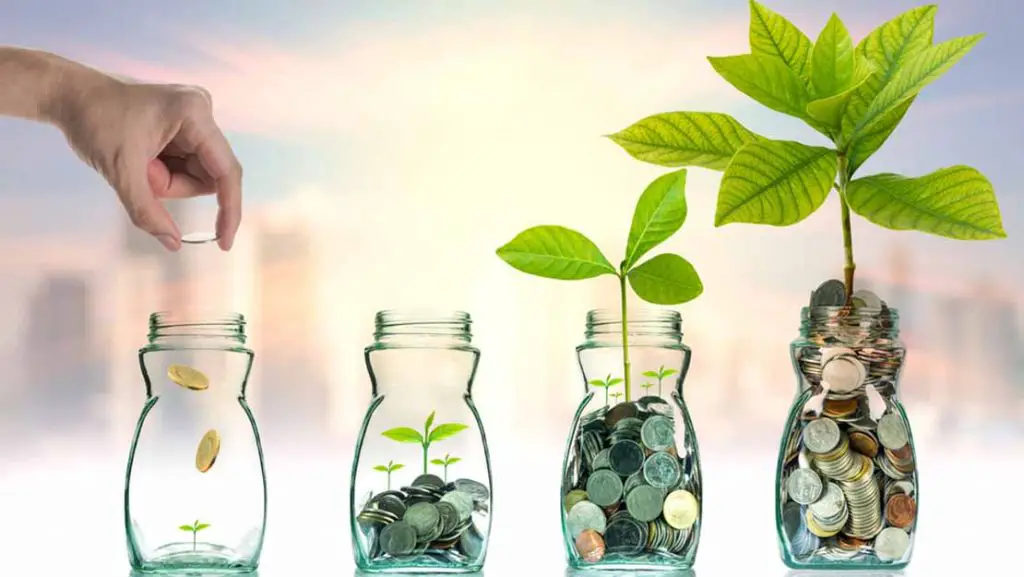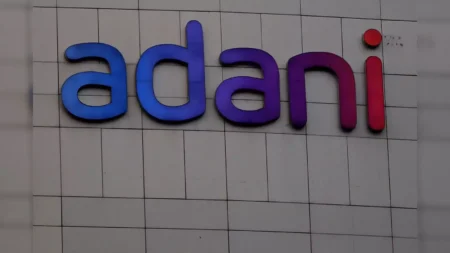Impact investing has been a buzzword for quite some time, but in reality, for most financial professionals, it is still somewhat of a new concept and quite often misunderstood.
Capital deployed with the purpose of generating measurable social or environmental impact has been available for ages; however, attaching an expectation of financial returns demands liability from everyone involved and translates into sustainable projects with a real developmental impact. FurtherAfrica met with Christelle Kupa, a rising star in the African impact investment scene to talk about the market misconceptions and to learn more about how Uhusiano Capital is taking the lead to connect European players with impact investment opportunities in Africa.
Fabio Scala: It’s such a pleasure to see you Christelle. I decided to begin this OpenTalk on a different note as we’ve been friends for a few years now and its no secret that I am a big fan of what you are doing. Could we maybe begin with an intro on what led you into impact investing?
Christelle Kupa: It’s always great to see you, Fabio. Well, I was born and raised in Belgium, from Congolese descent. In my early twenties, I decided to move to London where I studied and started my career in finance. As a young adult, my idea was to have a career at the EU, within the development department, but as I found myself living in London, one of the biggest financial hubs in the world, I decided to embark on a financial career, where I thrived working for various investment banks. Back in 2003, when I started my career in banking, things were very different. For most of the time, I was the only black woman in a male-dominated environment. Equality at the workplace wasn’t a hot topic back then and often while on the trading floor, I found myself daydreaming about doing a job that not only I was good at, but also passionate about.
For as long I can remember, I’ve always had the desire to work in Africa, for Africans. Being the product of the African diaspora I have always wanted to give something back, but not in a charitable way.
Growing up I had the privilege to travel back to the DRC several times over the years. In one of those trips, around 2008, while in Katanga, south of the country, I totally immersed myself in the region and started thinking about how I could transfer the skills I had acquired as a derivative alternatives sales on the trading floor, to Congo. That was the first time I came across Impact investment.
I’ve started working for an impact investment fund focused on emerging markets and finally had the opportunity to work on the African continent. During that spell, while doing my due diligence for an orange juicing company, I found out that it was started by a “Mama” a few years ago, and she had 15 people working for her. She could have been my auntie! Meeting this lady was the highlight of my career. I was so impressed that I gave this exceptional lady access to finance. I then realised that it gave me a sense of purpose and motivated me to keep running in my heels in Mayfair from an investor to investor. It was an amazing result!!
Fast forward to 2016, I was expecting my daughter and I decided to set up Uhusiano Capital. The main aim was to concentrate on the African continent and to be a bridge between European investors and African Businesses, initially with a focus on the full value chain in Agriculture and Gender Empowerment.
Fabio Scala: Thank you, by now people know why we like you so much. I can’t tell you how many times we come across people who misunderstand the concept of impact investment with Aid, NGOs and social projects which I personally have mixed feelings when I think of developing African economies. Could you elaborate on what impact investment is exactly so it is clear to everyone?
Christelle Kupa: I know exactly what you mean. Impact investing can be defined as “investments made with the intent to contribute to measurable positive social, economic and environmental impact, alongside financial returns.” Unlike traditional commercial investors who want to maximize their returns and keep the risks as low as possible, impact investors incorporate into their opportunity analysis criteria that will help them understand if they will be having a measurable positive and sustainable impact on society in terms of increased wealth and reduced inequalities.
The overall impact investing industry AUM is estimated at US$ 502 billion.
One common misconception about impact investing that needs to be clarified is that impact investors do not operate like NGOs or charities. The objective of impact investors is to achieve measurable and sustainable positive social and environmental impact alongside financial returns. It is important to understand that in order to have a sustainable impact, a business must not run as a charity or NGOs, thus meeting their budget for each period as a conventional business (financially speaking).
In order to generate an impact, a business must be able to operate and sustain itself, without the need for constant capital injections.
It is important to understand that each investor has different objectives and goals to achieve, which is in line with a specific mission and the core values of the fund or company they represent, and for these reasons the criteria and guidelines needed to evaluate, monitor and report the impact of certain activities on the environment and society are different from project to project. However, it is important to notice that some international guidelines in the field of impact investing have been encouraged and approved by organisations such as the United Nations. In 1999 Kofi Annan, then UN Secretary-General made a speech in Davos at the World Economic Forum, laying the groundwork for the World’s largest corporate sustainability initiative, the United Nations Global Compact.
A call for businesses around the world to implement a set of 10 principles that directly result in more responsible and sustainable business practices. In early 2005, Mr Annan invited a group of the world’s largest institutional investors to join a process to develop the Principles for Responsible Investment. A 20-person investor group, drawn from institutions in 12 countries, was supported by a 70-person group of experts from the investment industry, intergovernmental organisations and civil society. They developed six principles for Responsible Investment (PRIs) that are a voluntary and aspirational set of investment principles that offer a menu of possible actions to include ESG issues into investment practice.
Other commonly accepted and recognized guidelines by Impact Investors all around the World are the Sustainable Development Goals (SDG’s), a collection of 17 global goals set by the UN General Assembly in 2015 to be met in order to achieve sustainable development for all by the year 2030. Each of the goals has its own targets and metrics suggested for their evaluation.
Other documents that might be helpful for Impact Investors in their decision-making process are also the National Development Plans. Often used by developing countries, It can be viewed as more country-specific guidelines to better understand the context in which they will operate for a well rounded social, economic, governmental and environmental perspective.
Fabio Scala: Thank you for that, nothing like a clear picture. Now, on to Uhusiano Capital. Tell me about your projects. What have you guys been doing?
Christelle Kupa: Right. So, Uhusiano has been involved in capital raising funds for agriculture, direct deal as well as ESG and Impact advisory. We are very much country agnostic. As we focus on our mission, we want to select the best projects regardless of country or region.
Agriculture (SDG 2: zero hunger) and Gender (SDG 5: Gender equality) are both pillars of Uhusiano capital, but we are not exclusive either, access to finance and renewable energy as well as technology are equally important.
We love to participate or at least assist developing countries that are not currently receiving a massive influx of foreign direct investments FDI’s. Currently, we operate directly and indirectly in 12 countries and we are working on targeting more. We do business with Francophone, Anglophone and Lusophone Africa.
We are strong believers in working with the African Diaspora through entrepreneurship programs as the continent is very young in terms of the average age of population so we ought to support that ecosystem.
Fabio Scala: Very interesting. The fact that you value working with the Diaspora, in my experience, addresses 2 major issues foreign investors usually mention: it mitigates cultural differences and gives you a strong foothold to be very inclusive on the ground. How about the future? Could you tell us a little about your plans and how do you see the growth of impact investing?
Christelle Kupa: As for Impact investment, it will only get bigger, it will become fully integrated within investment parameters, just like ESG has become today. However, this is not a quick fix like NGOs have promised in the past. Impact investing requires a different tooling system and different competencies.
NGOs have their space and play a very important role in the continent but not as a catalyser for development. Most financial institutions and governments already understand the importance of this type of investment, so it will only get bigger. I personally believe that every investment in a developing economy must create an impact on its population.
As for Uhusiano Capital, well, we are about to embark on a new venture in the DRC … watch this space, there is more to come.
Fabio Scala: Fantastic, we will keep an eye on it. Thank you for taking the time to share so much of your truly inspiring story with us. I look forward to seeing you again at the 2019 GBF Africa Dubai in November.
Christelle Kupa: Thank you Fabio, and congratulations on the success of FurtherAfrica, it is always good to see people finally focusing and promoting the positive side of the continent. I’ll see you in Dubai!
[Article by Fabio Scala]











